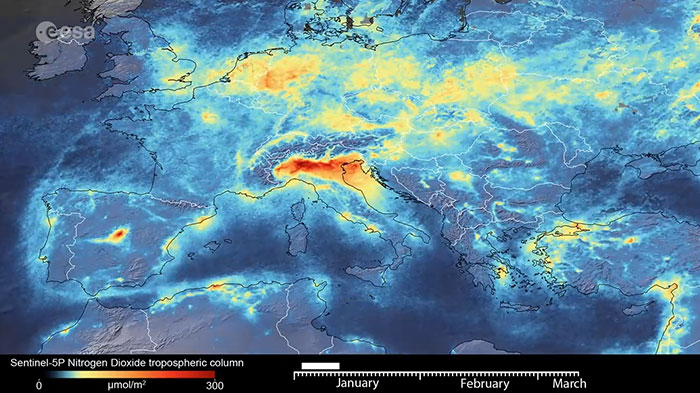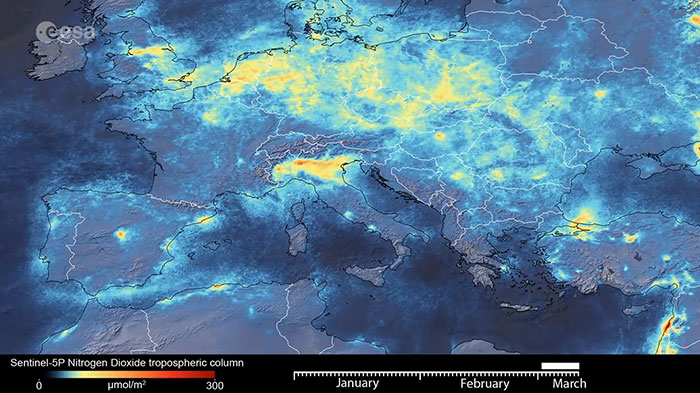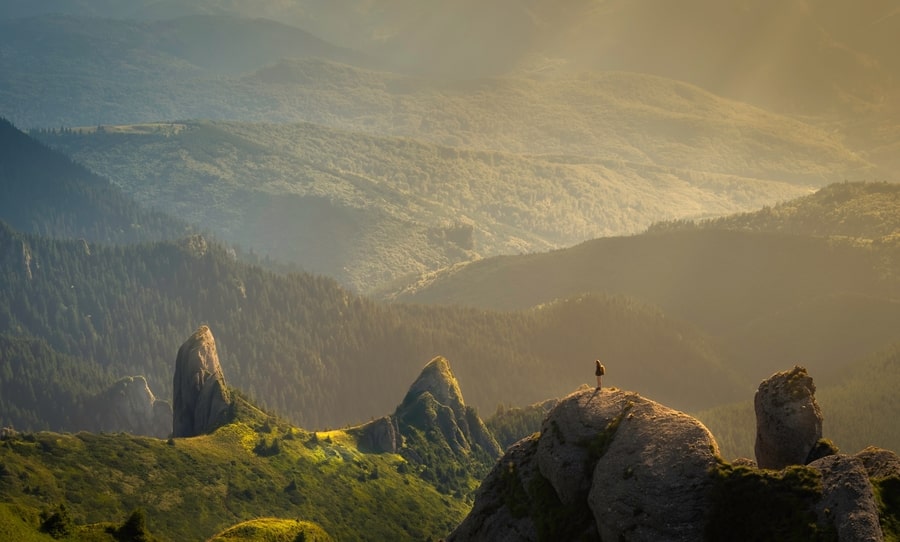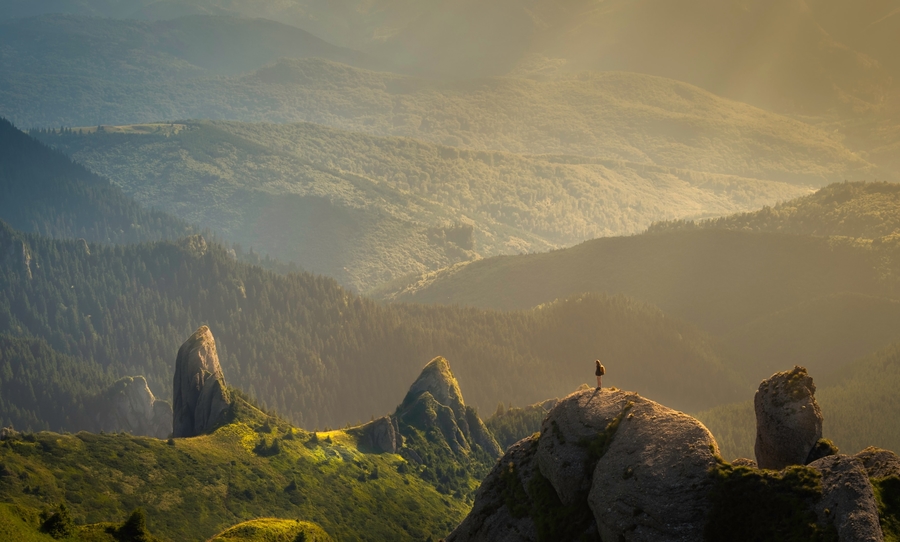Whilst the impacts of coronavirus are mostly negative across the board, there’s been one positive side effect, increasingly taking hold.
As a result of reduced travel and increasing business closure, pollution levels are dropping all over the world, and the environment is thriving.
As humans everywhere are forced to self-isolate due to the coronavirus pandemic, lowering pollution levels have led to the unexpected prevailing of nature.
In Wuhan, where the outbreak initially began back in December, the sky which is usually home to dangerous air pollution levels, has turned blue. The change has been attributed to travel bans and the pause of factory work.
I’m in the central city of China-Wuhan, today the weather is very good, the blue sky, birds and trees have grown green! Under the control of the virus outbreak, our city will usher in a beautiful spring! pic.twitter.com/IzSesUE219
— helven (@helven19) March 15, 2020
Elsewhere in Italy, data from the European Space Agency (ESA) has demonstrated a distinct drop in the air pollutant nitrogen dioxide between the months of January and March, when coronavirus first took hold.
So far, Italy is one of the worst-hit countries, with over 80,000 cases of coronavirus and 8,000 deaths. The country has the second oldest population on earth, and the elderly and sick have been identified as most at risk from the virus.
Here, satellite data shows nitrogen dioxide levels across Italy and the rest of Europe in early January:

And here, data shows distinctly decreased levels over the same areas in early March:

You can also watch a time-lapse video from the ESA of the reducing levels below.
In Venice, following the reduction of water traffic from boats and cruise ships, residents are noticing that the usually murky waters are becoming crystal clear. Even more incredibly, dolphins have begun to swim in the canals, joined by schools of fish and even swans.
What happens when we all slow down a bit, dolphins in Venice due to the quarantine from r/environment
People have taken to Twitter to post images of the phenomena, reiterating just how rare the events are.
One Twitter user described: “Here’s an unexpected side effect of the pandemic – the water’s flowing through the canals of Venice is clear for the first time in forever. The fish are visible, the swans returned.”
Here’s an unexpected side effect of the pandemic – the water’s flowing through the canals of Venice is clear for the first time in forever. The fish are visible, the swans returned. pic.twitter.com/2egMGhJs7f
— Kaveri 🇮🇳 (@ikaveri) March 16, 2020
Another user described: “Nature is reclaiming its spaces.”
Boars in the middle of my hometown, dolphins in the port of Cagliari, ducks in the fountains in Rome, Venice canals have now clean water full of fishes. Air pollution dropped. Nature is reclaiming its spaces during quarantine in Italy. #COVID19 #COVIDー19 pic.twitter.com/dr6QILfF9V
— Francesco Delrio (@Cosodelirante) March 15, 2020
It’s incredible to see how in such a short time, nature can adapt to the changing of human habits. Hopefully, this is something the world can remember once the pandemic is over, and apply to the ways we think about environmental policy moving forward.




